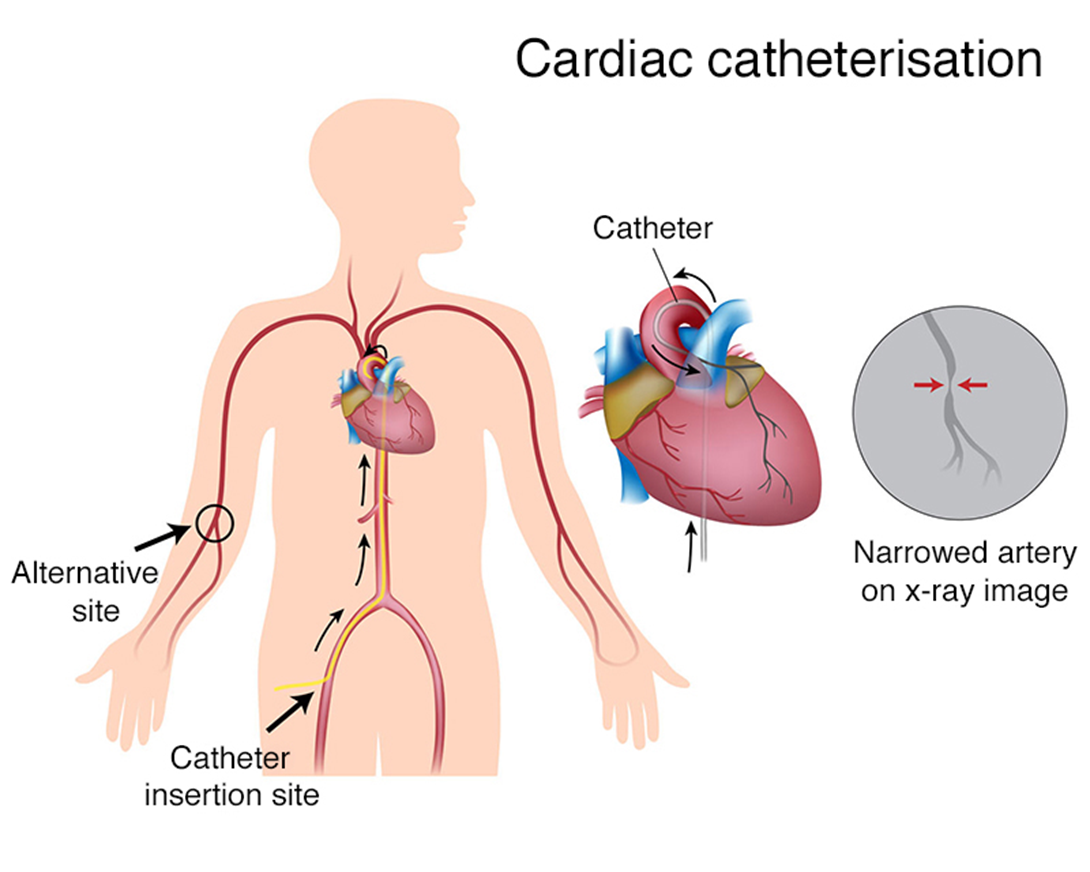A nurse is caring for an adolescent who was brought to the emergency department (ED) with a fever, headache, and neck stiffness. The nurse should determine the assessment findings are consistent with which of the following disease processes?
Bacterial meningitis
Encephalitis
Gastroenteritis
Migraine
The Correct Answer is A
Choice A reason: Bacterial meningitis is an inflammation of the meninges, the membranes that cover the brain and spinal cord, caused by a bacterial infection. It can cause fever, headache, neck stiffness, photophobia, and altered mental status. The cerebrospinal fluid (CSF) analysis may show increased white blood cells, protein, and glucose. The nurse should assess the neck range of motion and the reaction to pupil assessment, as these may indicate increased intracranial pressure.
Choice B reason: Encephalitis is an inflammation of the brain tissue, usually caused by a viral infection. It can cause fever, headache, confusion, seizures, and focal neurological deficits. The CSF analysis may show increased white blood cells and protein, but normal glucose. The nurse should assess the level of consciousness and the neurological status, as these may indicate brain damage.
Choice C reason: Gastroenteritis is an inflammation of the stomach and intestines, usually caused by a viral or bacterial infection. It can cause nausea, vomiting, diarrhea, abdominal pain, and dehydration. The nurse should assess the gastrointestinal manifestations and the vital signs, as these may indicate fluid and electrolyte imbalance.
Choice D reason: Migraine is a type of headache that involves recurrent episodes of moderate to severe pain, usually on one side of the head, often accompanied by nausea, vomiting, and sensitivity to light and sound. The nurse should assess the location and duration of pain, the triggers and relievers, and the history of migraine. The CSF analysis is usually normal.
Nursing Test Bank
Naxlex Comprehensive Predictor Exams
Related Questions
Correct Answer is C
Explanation
Choice A reason: Offering the child clear liquids for the first 24 hours is not necessary, as the child can resume a normal diet after the procedure. Clear liquids are only recommended for the first few hours after the procedure to prevent nausea and vomiting.
Choice B reason: Assisting the child to take a tub bath for the first 3 days is not advised, as it can increase the risk of infection and bleeding at the catheter insertion site. The child should avoid tub baths, swimming, and soaking the site until it is completely healed, which may take up to a week.
Choice C reason: Giving the child acetaminophen for discomfort is appropriate, as it can relieve the pain and soreness at the catheter insertion site. The child should avoid aspirin and other nonsteroidal anti-inflammatory drugs (NSAIDs), as they can increase the risk of bleeding.

Choice D reason: Keeping the child home for 1 week is not required, as the child can resume normal activities within a few days after the procedure. The child should avoid strenuous activities, such as running, jumping, and biking, for at least 24 hours after the procedure.
Correct Answer is A
Explanation
Choice A reason: The American format for writing dates is month/day/year, so 2/20/2024 is the correct way to write the date February 20, 2024.

Choice B reason: The European format for writing dates is day/month/year, so 20/2/2024 is not the correct way to write the date in the American format.
Choice C reason: The ISO format for writing dates is year/month/day, so 2024/2/20 is not the correct way to write the date in the American format.
Choice D reason: This is an invalid format for writing dates, as there is no month with 20 days.
Whether you are a student looking to ace your exams or a practicing nurse seeking to enhance your expertise , our nursing education contents will empower you with the confidence and competence to make a difference in the lives of patients and become a respected leader in the healthcare field.
Visit Naxlex, invest in your future and unlock endless possibilities with our unparalleled nursing education contents today
Report Wrong Answer on the Current Question
Do you disagree with the answer? If yes, what is your expected answer? Explain.
Kindly be descriptive with the issue you are facing.
